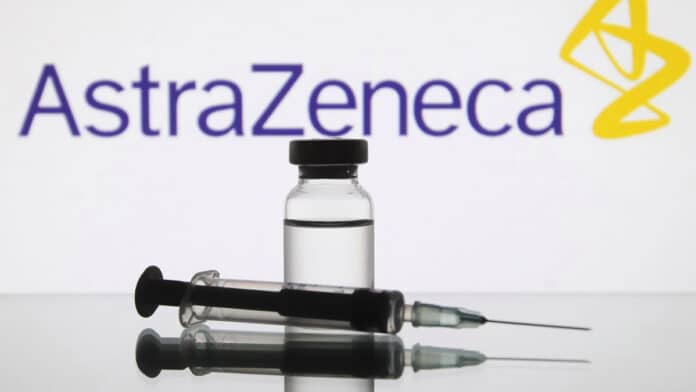People who experience a headache for more than four days after having the Oxford-AstraZeneca jab should seek medical attention, the UK’s medicines regulator has said.
They should also get help if they have bruising somewhere other than the injection site after a few days, it added.
The Medicines and Healthcare products Regulatory Agency (MHRA) said on Thursday its latest advice was a “precautionary measure” following a “very small” number of reports of an extremely rare form of blood clot occurring in conjunction with lowered platelets after vaccination.
Sinus vein thrombosis (CVST) describes the formation of a blood clot in the cerebral vein of the brain.
Symptoms include headache, blurred vision, fainting or loss of consciousness.
Thrombocytopenia describes when a person has a lowered number of platelets, which cells that help the blood to clot.
There have been five cases – a rate of one in 1 million people vaccinated – of the co-occurring conditions reported to the MHRA, which has assured it can also happen naturally in people who have not had the jab, along with people who have COVID-19.
It stressed that no causal link had been found, and added that the benefits of the vaccine “far outweigh” possible risks.
“Further work with expert haematologists is under way to further understand the nature of these cases and whether there is a causal association with any of the vaccines,” said Professor Sir Munir Pirmohamed, the chair of the Commission on Human Medicines, the government’s independent advisory group.
“Given the extremely rare rate of occurrence of these events, the benefits of the AstraZeneca COVID vaccine, with the latest data suggesting an 80% reduction in hospitalisation and death from COVID disease, far outweigh any possible risks of the vaccine in the risk groups currently targeted in the UK.”
Meanwhile, MHRA also said a “rigorous” scientific review had found no evidence of the jab causing blood clots in veins – a condition called venous thromboembolism.
The review had looked into report cases and data from hospital admissions and GP records.
Scientists and clinicians at the Commission on Human Medicines also analysed the available data.
Current advice is to still attend vaccination appointments as scheduled.
PLEASE SUPPORT US FOR JUST £2 A MONTH







